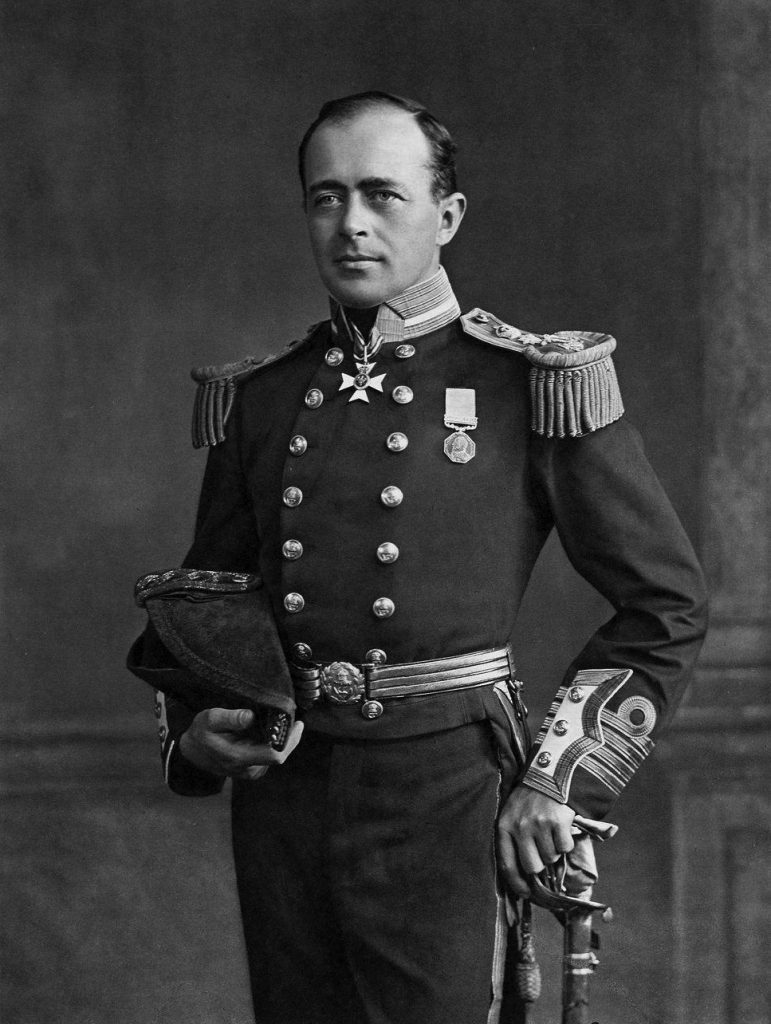Robert Falcon Scott (1868 – 1912) ~ St Andrew’s Church, Holcombe
Was born on 6 June, 1868 in Devonport. He became a naval cadet at the age of 13 and served on a number of Royal Navy Ships in the 1880’s and 1890’s.
Visitors to Holcombe can pay their respects to Scott, reflecting on the sacrifices made in the pursuit of knowledge and adventure in Antarctica. The grave, marked by a simple stone cross, stands as a testament to the courage and spirit of exploration that defined Scott’s life and legacy. Interred here are members of his family including his parents, John & Hannah, and his Sister. It also remembers his Brother Archibald. His Father managed a local brewery.
Scott’s story is one of determination, courage and ultimately, tragedy. In an era of fierce competition among explorers to conquer the last frontiers of the Earth, Scott set his sights on the South Pole. His expedition, comprised of a team of seasoned explorers, scientists, and sailors.
The journey was fraught with challenges ranging from harsh weather conditions to dwindling supplies. Despite these obstacles, Scott and his team pressed on, driven by a sense of duty, honor, and the spirit of discovery. However, upon reaching the South Pole on January 17, 1912, they were greeted with crushing disappointment, as they discovered that Norweigian explorer Roald Amundsen has beaten them to their goal by just over a month.
Tragically, the return journey proved to be even more perilous. Battling extreme cold, hunger and exhaustion, Scott and his companions succumbed one by one to the harsh Antarctic conditions. His final diary entry “it seems a pity but I do not thick I can write more. R. Scott. For God’s sake look after our people.”
A memorial lies at St. Andrew’s Church in Holcombe, Somerset, where Scott’s widow, Kathleen, chose to commemorate her husband’s memory.

